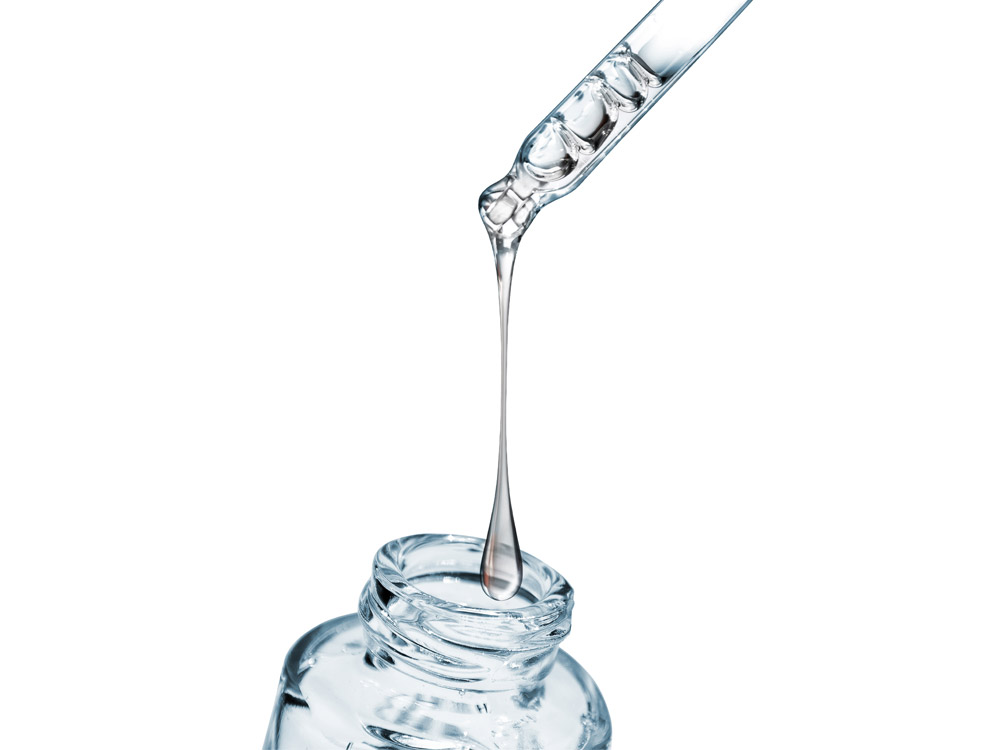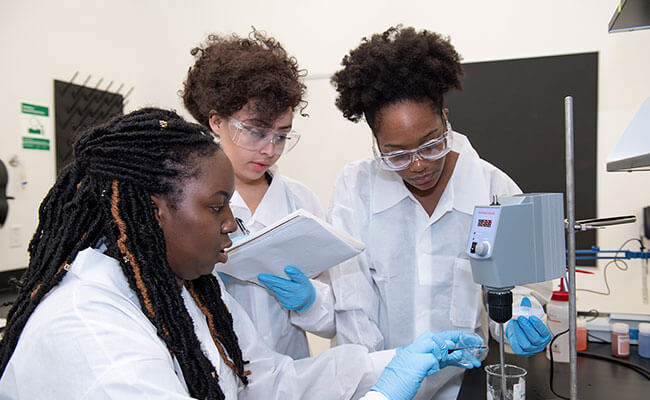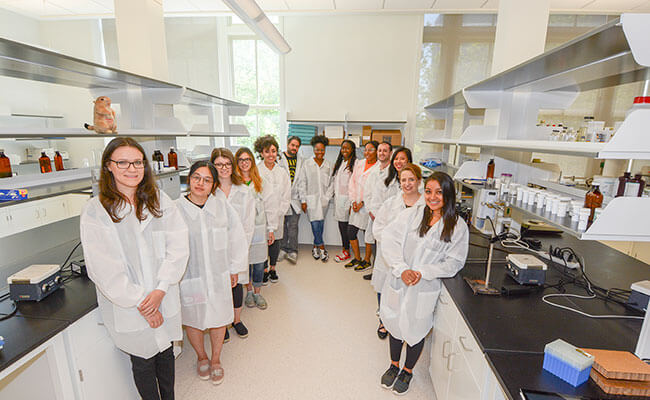The popularity of cosmetic science is growing amongst current and prospective student pharmacists, and the reasons for its attractiveness are more than meets the eye.
By Maureen Thielemans
You can’t read a lifestyle blog or magazine today without seeing the buzz word: self-care. The term often conjures up images of makeup, haircare and the like, promising dramatic outcomes to improve your appearance or even well-being. Understanding the components of personal care items, such as the pharmacology of everything that goes into your shampoo, makeup or deodorant—and the synthesis of these items—is a science.
Academic Pharmacy Now spoke with Dr. Kavssery Ananthapadmanabhan, professor of pharmaceutical sciences, at the University of Cincinnati’s James L. Winkle College of Pharmacy about why cosmetic science is an attractive field and what career pathways exist for new or returning students.
What’s In a Name?
Cosmetic science is more than just makeup and facial cleansers, said Ananthapadmanabhan. A person’s skin, hair, scalp and oral hygiene are just some of the important components of the study of cosmetic science. Because of its ubiquitous presence in many of our day-to-day rituals, a common misconception about cosmetic science is that there’s not much new to learn about the field. However, advances in technology have led to better and more advanced products, which leads to further studies of their effects on patients. “We now have a lot more instrumentation so we can measure things directly on the skin, scalp or any other surface,” said Ananthapadmanabhan. “We can actually analyze products’ performance directly in people.”
Interest in personal care is surging, but why? The population is aging globally, noted Ananthapadmanabhan. Personal care companies often conduct research in adults ranging in ages from 18 to 65. Testing products on the skin of a 70 year-old, for example, isn’t common which means we aren’t as knowledgeable about the skin problems of aging individuals, he added. “It’s a new era and a lot more research is required.”
Older patients aren’t the only target group for personal care companies. Skin protection for children is also an important research focus as problems can develop at a young age and continue throughout their lives. “Research has shown that protecting the skin barrier and allowing the skin to develop actually can prevent future harm. With technology changing and an increased focus on key groups such as aging adults and young children, there’s a lot more interest in cosmetic science careers.”



